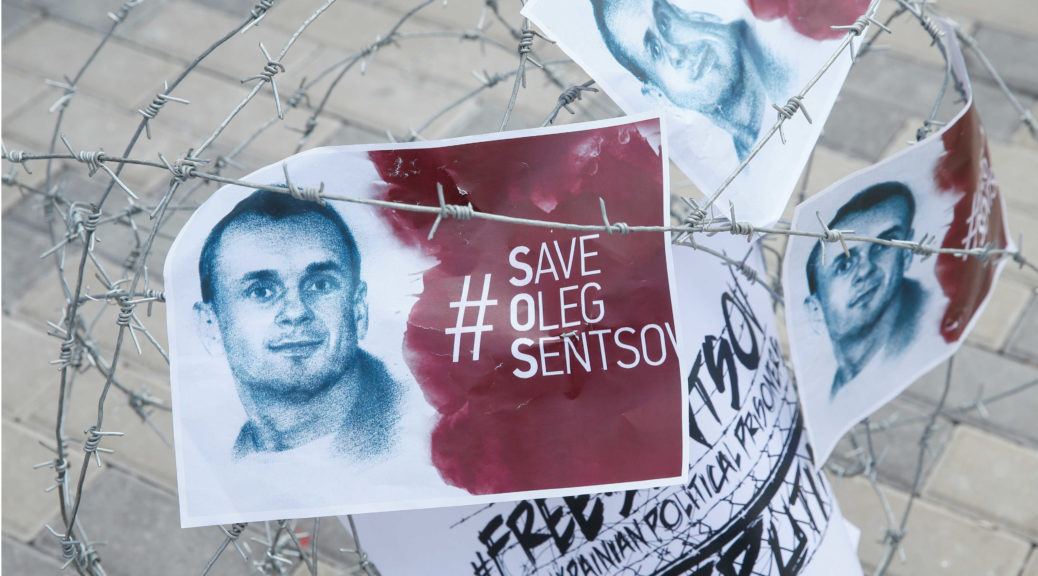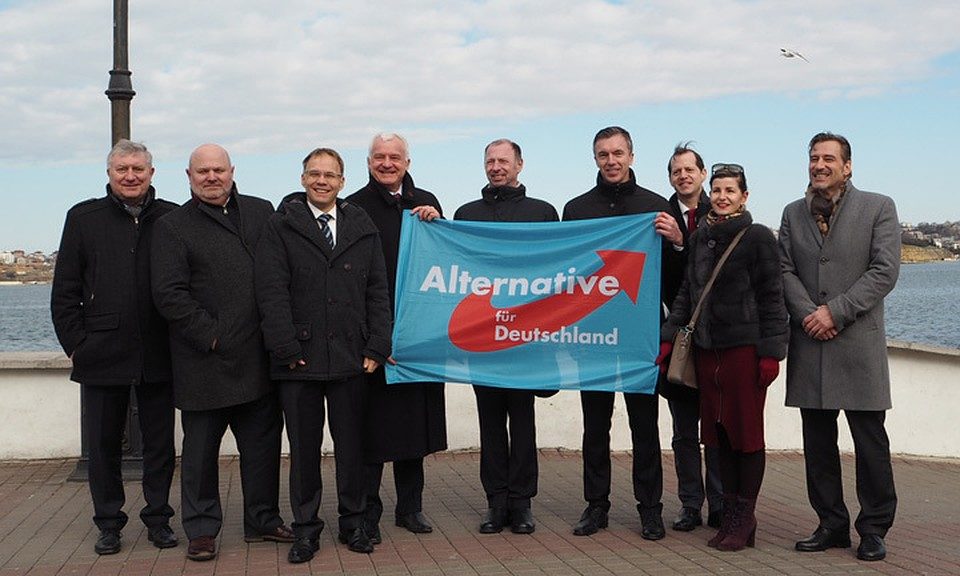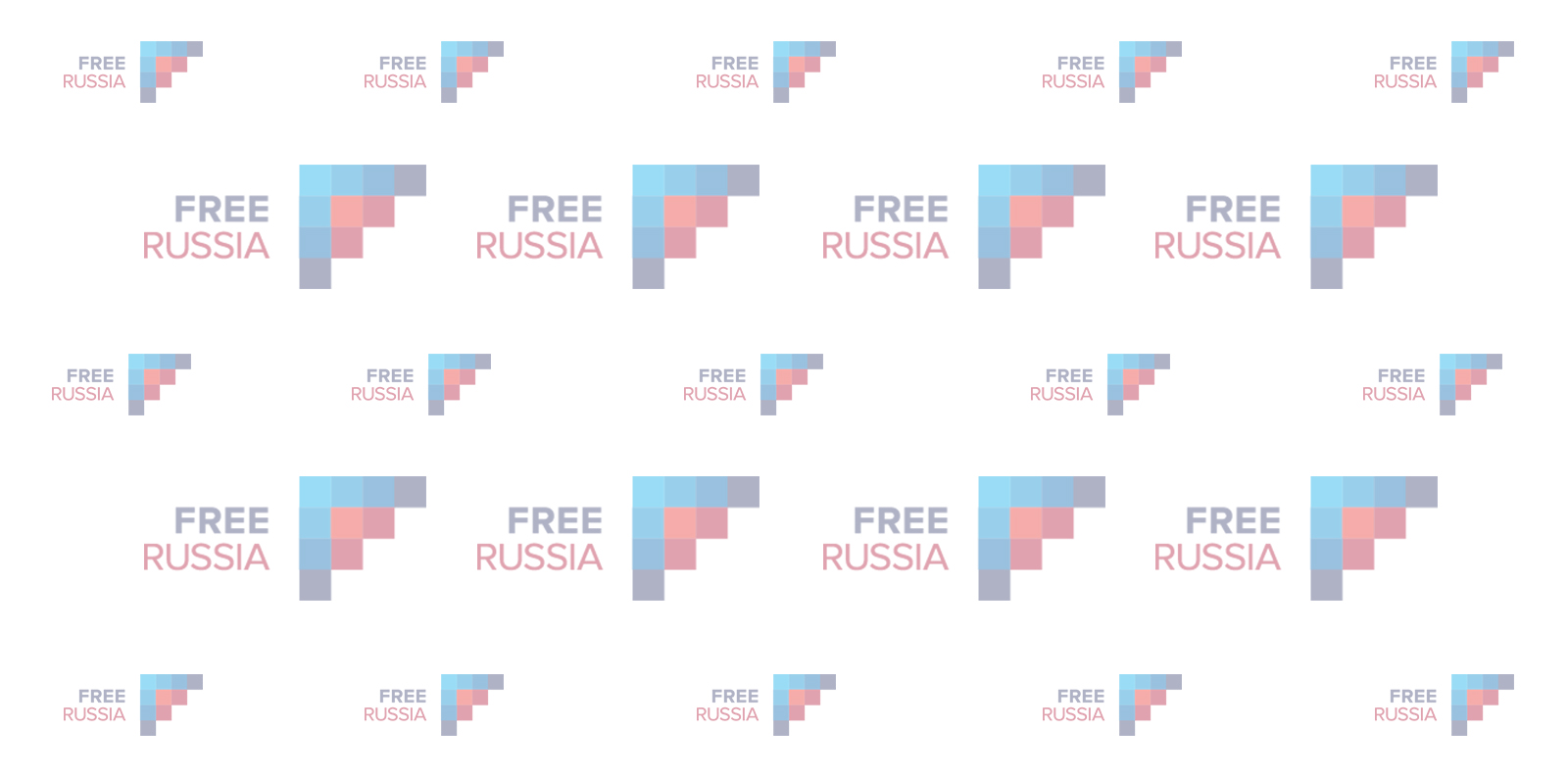The phenomenon of modern political emigration from Russia is still causing some doubts, but most likely so as of now just in the details of it. The flow of those who are leaving the authoritarian country is increasing, a lot of people leave due to the direct, or indirect threats and persecution. Germany is attractive to quite a lot of political emigrants (if not the majority of them). The strongest economy of the European Union, and the developed civil society along with the most voluminous Russian – speaking community make this choice well – grounded. In this article are going to examine the reasons and specific characteristics of the political emigration to Germany.
The “Swamp Case” has become a trigger for the newest wave of political emigration from Russia. It exactly after that case had been initiated that the activists, who might have been persecuted began to leave the country, and some of them did get persecuted for some mythical participation in the mass riots, or for organizing them. More than 600 people were detained right on the spot while they were demonstrating on the very same day when the rally took place, some of those later have become defendants in that criminal case. There were searches and cross – interrogations that were conducted in more than 10 cities among 300 activists. There are more than 30 guilty verdicts that were carried out by the court in the case. The case has not been closed yet – there are court hearings and active investigations still going on in full swing. Photos of more than 80 people, who are considered to be perpetrators involved in that case were published on the website of the Investigative Committee. More than 30 people have received international protection in the EU countries.
The events of the year of 2014 in the Crimea and Eastern Ukraine have increased both the number of emigrants, and the number of persecution cases. Included among those cases are also the ones based on the absurd, the so-called “separatist activities incriminating article,” in accordance with which any single doubt about the legality of the occupation of the Crimea is considered to be a criminal offense. The law on “foreign agents” and on “undesirable organizations”, as well as the pressure, in general, that was applied towards the NGO sector has increased the number of causes based on which the state can persecute anybody, having, therefore, increased the number of potential and real emigrants from Russia as well.
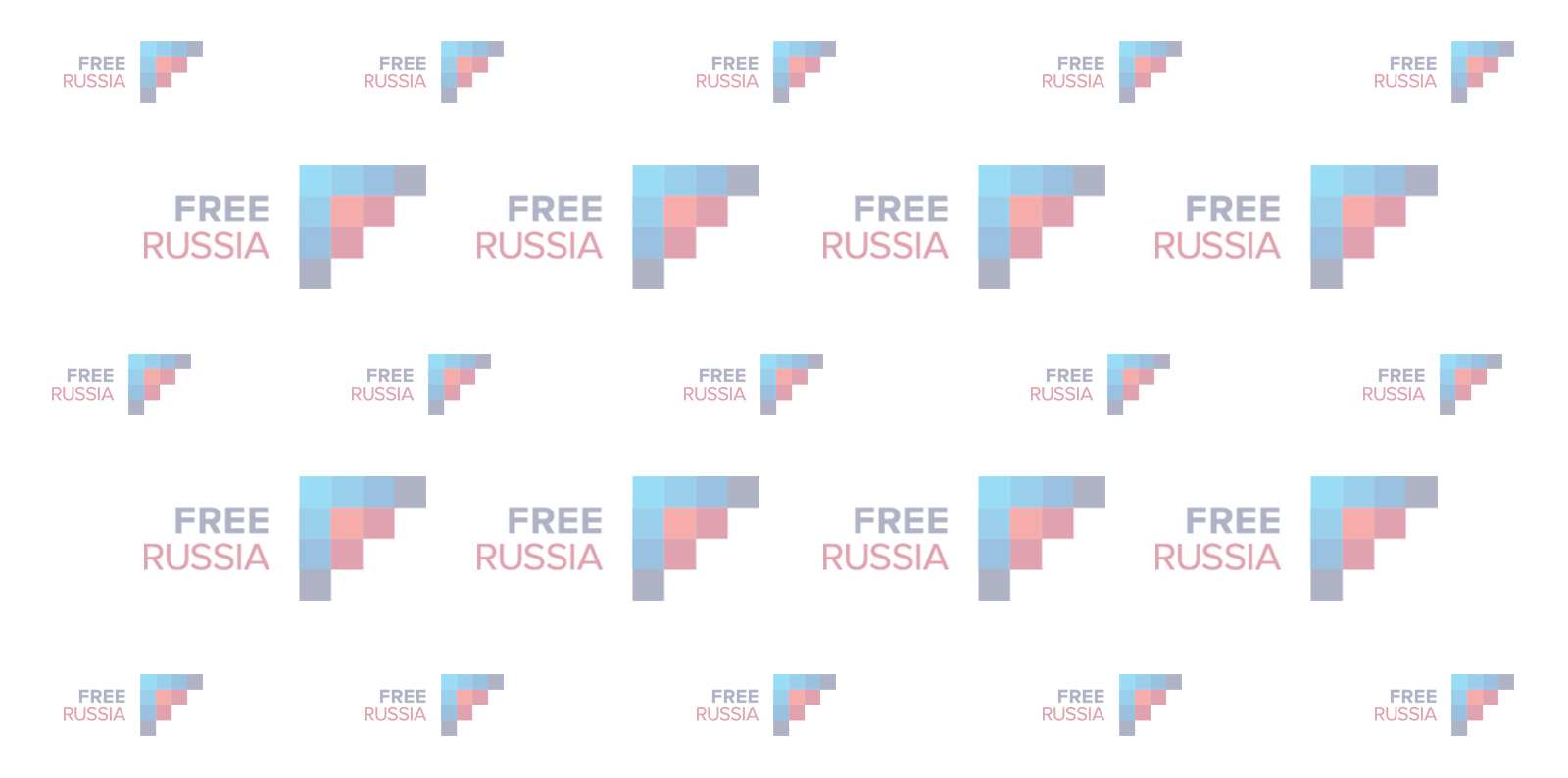
The political crisis of the year 2014 has led to an economic crisis in Russia, which in its turn resulted in a growth of the numbers of political and economic emigrants. This is the part of the medium and small scale business that has already been strongly dissatisfied with the political situation in the country as it was, and the impossibility to conduct a more or less normal business practices that have shaped their final decision to leave Russia. In accordance with some preliminary data in the year of 2016 more than a million people left the Russian Federation.
For a more profound in-depth comprehension of the problem we hereby offer to characterize political emigrants by certain typology categories.
The first type is comprised of political refugees, in other words, they are the citizens of the Russian Federation, who for one reason or another (that we shall analyze separately) have asked for the international protection in Germany, and they are now either in the process of their application case still being considered, or they have already since received a positive approval response.
The second type is comprised out of factual political emigrants. They have grounds to be afraid of staying further on in the Russian Federation (these might be direct or indirect threats), but they do not perceive their situation hard enough, or they do not believe that the situation warrants for them to make a request to obtain the international protection grant. That is why their official reason for staying in Germany is not seeking political asylum grant, but to work or to study, for instance.
The third type is made of atmospheric emigrants, in other words they are the citizens of the Russian Federation, who due to the specific nature of their professional occupation or their points of view, can no longer stay in the authoritarian regime environment, and prefer to leave Russia in order to continue their business activities in Germany.
Refugees
- The refugees from the republics of the North Caucasus of Russia (predominantly from Chechnya and Dagestan) – this group is not the theme of this article and it calls for a separate research.
- LGBT refugees – their percentage is higher here than it is in the other countries because German authorities have found the law on the so-called “Propaganda of homosexuality” to be a discriminatory one.
- Political asylees proper – political and public activists, who have had politically instigated criminal cases initiated against them, and who have received life threats and threats to their health and wellbeing in conjunction with their public and political activities, and who quite possibly might have been attacked.
There is a particularly peculiar feature of the situation in Germany: Russian citizens from the Northern Caucasus file several thousand applications for asylum per year, in certain instances up to 10 thousand. Some of the applications from certain groups of refugees make hundreds of cases, and perhaps by the year of 2017, they might even rise up to a thousand. In other words, a particular stereotypical picture is being created about the citizens of Russia, who are seeking asylum in Germany. Also, it is difficult to talk about special attention being paid to political cases (politically motivated criminal cases, etc.), since from an official point of view all of the applicants from Russia make up for one single group.
One should also provide a clarification in regards to the system of considering and granting international protection status (asylum) in Germany.
There is no further subdivision into humanitarian and political refugees, in Germany. All of the cases are processed together. Every case is being considered on an individual ad hoc basis. There are no set up timeframes within which the application for asylum ought to be processed, that is why some people are waiting for the decision on their claims for years.
As a type of a decision on his case an asylum seeker may be granted a full asylum status or a minor asylum status. A minor asylum status is issued for a certain period of time, for example for one year or two, with the possibility of getting an extension on it and it does not provide all the levels of the international protection that a full refugee status does. While submitting an application for an asylum, one cannot make a request for a minor asylum status, this decision is taken solemnly by the granting institution. Minor asylum status is being granted in those cases, where the asylum status is being sought by the representatives of a group that is being discriminated against, or for instance when humanitarian refugees ask for shelter. In other words, the threat for this group to which they belong does exist, but it is not aimed at any concrete individuals in particular.
There have been some positive changes underway in the legislation on refugees in Germany in the last three years. As of now, asylum seekers can move across the entire territory of Germany without the special permit, and they also can receive a work permit within 3 months upon the submission of the application for one.
The LGBT refugees
Minor asylum status has been granted to some LGBT refugees from Russia, who had not been directly persecuted, and did not participate in any activities to defend the rights of the LGBT community.

We know about more than 100 cases of asylum requests that were filed by the LGBT refugees from Russia in the Federal Republic of Germany. The majority of such applications get a positive response. Therefore, one may already speak about the creation of a Russian-speaking LGBT community in Germany.
Dmitry Chunosov (LGBT activist): “In Germany, at first you are mandated to reside in a camp. After we filed the application for asylum, they gave us a ticket to go to Friedland. That is in Lower Saxony, right in the center of Germany, one of the oldest refugee camps, that was opened in 1945. A month later we received a transfer to Luneburg, where we have been living up until now. And one month later we passed the interview, and in 18 more months, we have gotten our status of the refugees. “
Regretfully so, homophobia in the refugee camps still continues to be one of the crucial problems for the LGBT refugees. In the year of 2015 there were more than 60 incidents of attacks and threats that were reported.
The political Refugee
Their number in Germany has been on a fast rise ever after the year of 2014 – the occupation of the Crimea, and the conflict in Eastern Ukraine. At the present moment, we have the knowledge of more than two hundred cases that were filed with the request to provide international protection due to the politically motivated persecution in Russia. Among the major reasons for the persecution, there are the initiation of a criminal prosecution case or a threat of a criminal prosecution. A smaller portion of the cases is compiled from asylum grant requests that are not based on the investigation of the life threats and health and wellbeing threats of the asylum seeker. In the majority of cases, applicants from Russia receive positive responses.
The main problems for the asylum seekers in Germany are: the long waiting period to get a decision on the case, the absence of a possibility for free (or accessible) ways to learn German language, and the problem of getting a job while in the waiting process looking forward to getting the decision to be made on their case.
A more global issue for the political emigration from Russia (for those numbers of public activists and reporters) is their factual falling out of the loop due to the absence from the public life in Russia, which is equated to the prevailing victory of the law-enforcement agencies at power, since it was their objective from the get-go to put an end to a certain activity of a definite person. Many people continue to keep working on their old projects, however, that work, as usual, becomes less systematic and with the lack of the financial support, it quickly ceases to exist.
Political emigrants from Russia
Those political emigrants who have not requested asylum status for themselves because of one reason or another are placed in very different situations. And at the very same time, it happens so that in the majority of the cases it is not in their own best interest to go back to Russia. Their number is much grander in its magnitude than that one of the refugees, in other words, we are speaking about thousands of them. They depend on their migration status and their level of economic independence. In other words, some of them do not have any problems, maybe the only issue for them is the learning of the German language. Meanwhile, there are some other people facing the need to renew their residence permit on a regular basis, and having to prove that they are economically viable, which is causing them stress and apathy.
That is why a role of crucial importance is played by the initiatives of the primary consultation assistance, as well as the possibility to continue working (in the very least within the framework of some internship arrangements) in some familiar socially significant fields. To have an opportunity to use the workplace with the Internet access and social interactions in one’s professional environment may be very important at the initial stages, especially for those ones who left in a hurry.
The “atmospheric” emigrants
A great deal of them represents the so-called “middle class,” which did not have time enough to mature into some powerful and influential part of the Russian society, and is forced now to find solutions for the issues of their economic future in other countries and to do so on their own.
The majority of them are mainly scientists, people representing creative fields and high-tech occupations, along with some representatives of small and medium – scaled businesses, who have managed to save up and accumulate a small amount of capital. They do not seek asylum, but rather they leave the country to commence a new life in a healthy, competitive environment. And at the very same time, most of them do not forget about Russia and put their best efforts into exploring all the venues available to them in order to keep informed about what is going on there.
Alexey – an entrepreneur: “I had a business in Moscow, we developed Internet projects and various online solutions for business. In the beginning of 2012, I started thinking about opening an account in Lithuania and about transferring some part of the cash proceeds through it for a rainy day, so to speak. After the referendum in the Crimea, I decided that the time has come to get ready for the move. I researched the conditions of doing business in Germany, Lithuania and a couple of other countries, and I picked Germany. By that time, I had accumulated a sufficient amount of money to open my own company over there and I moved, taking several of the managers along with me. The remaining part of the company is working in the remote locale regime, so I did not have to rebuild the team all over again. In Berlin we began to expand into Europe, in here everything is so much easier to do and to resolve the problems. Quite frequently the officials themselves help us out, and tell us about the best way of doing things.”
In general, modern political emigration from Russia has become a prominent phenomenon in Germany. Structurally so, it is still at the stage of its evolving development, but as far as its numbers are concerned it quite possibly is the biggest one in Europe after Ukraine. It is exactly Germany that might become some kind of a reserve center for a new, democratic Russia, preserving, and possibly perhaps even empowering the potential of the scientists, journalists, environmentalists, human rights advocates and many other people, who were forced to leave Russia but have plans to go back there.

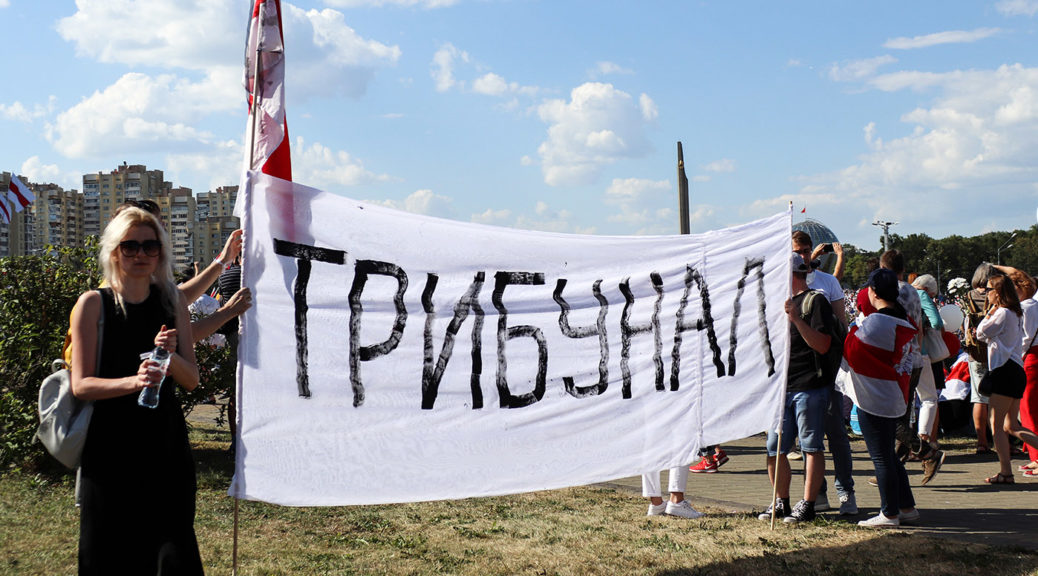

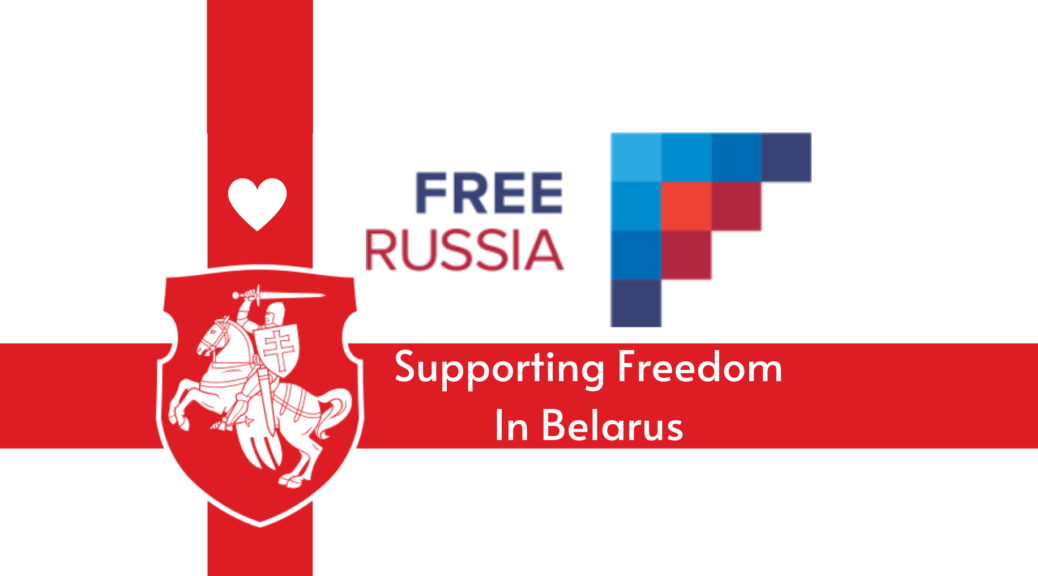

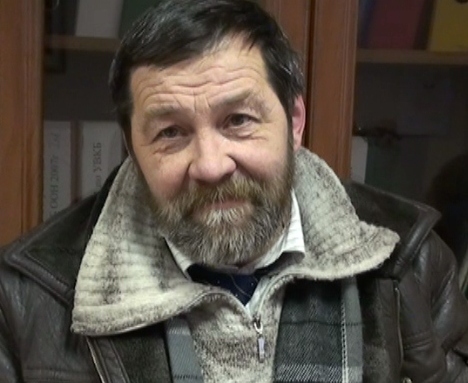



 Commentary by defense attorney Olga Gnezdilova, a lawyer with “Legal Initiative”
Commentary by defense attorney Olga Gnezdilova, a lawyer with “Legal Initiative”